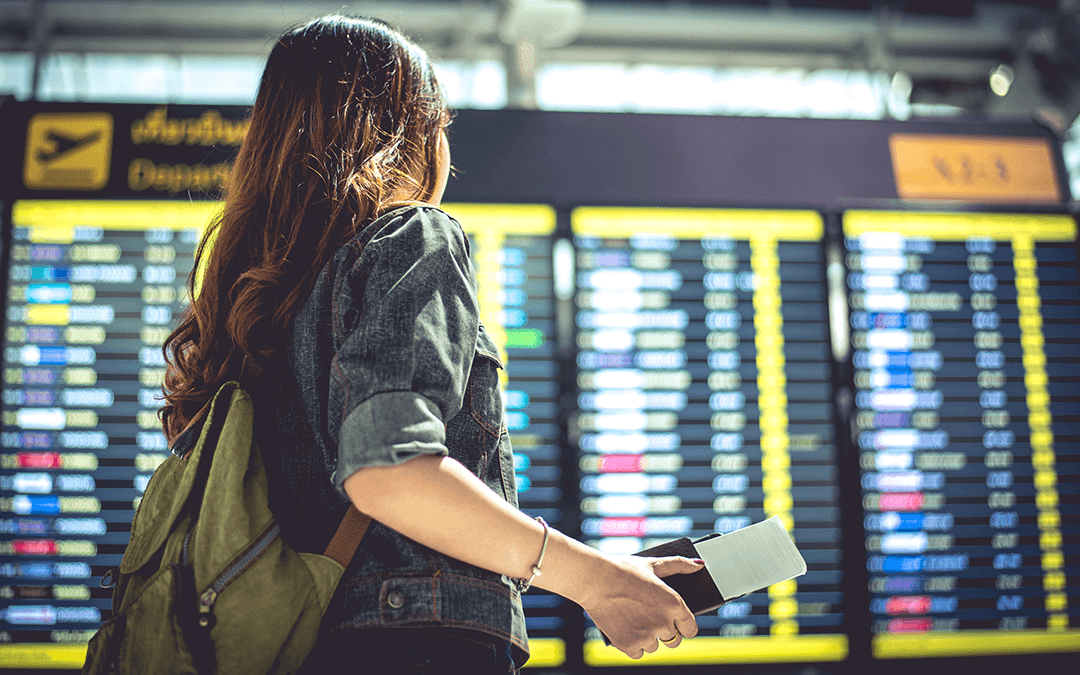
by Eric Price | Jun 13, 2020 | Airlines, American, COVID, Front Page, Hawaiian, Philippine, Row 2, Spirit, Uncategorized, United
More than half a million air travelers passed through TSA checkpoints on Thursday, the highest number since mid-March. The Transportation and Security Administration (TSA) reported 502,209 screenings at US airports. Airlines hit the milestone as over 400,000...
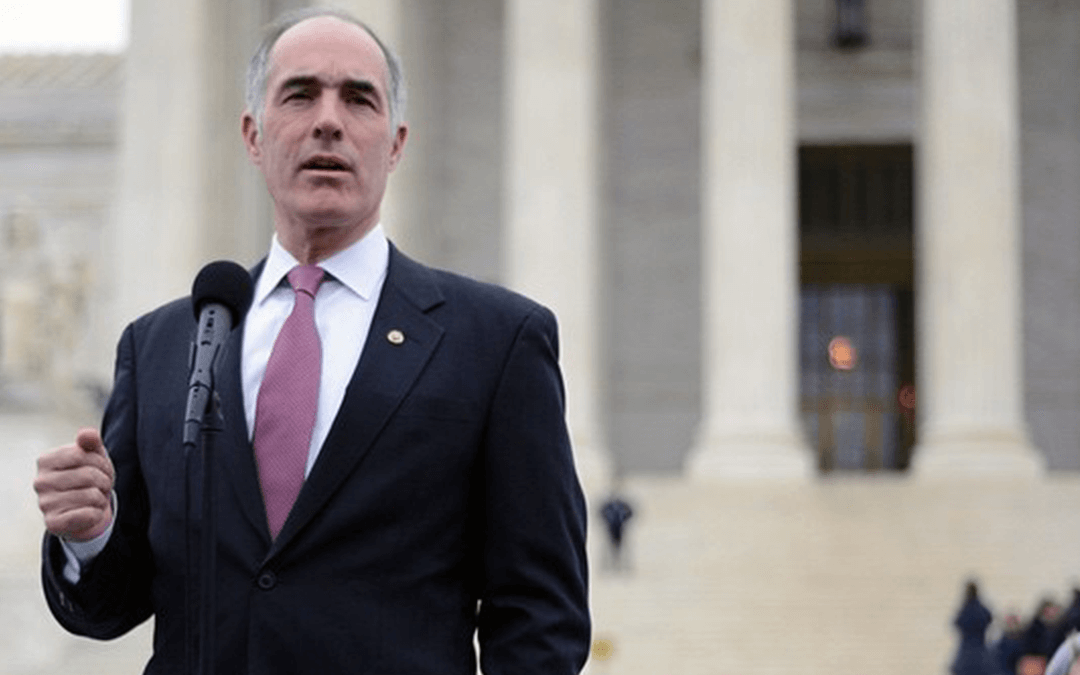
by Eric Price | Jun 10, 2020 | American, COVID, Front Page, Hawaiian, MNPL, Organizing, Philippine, Spirit, Uncategorized, United
Senator Casey: “Reducing workers’ hours without their consent reduces workers’ paychecks in the same way that reducing workers’ rate of pay would.” This week, Senator Bob Casey (D-PA) called on Treasury Secretary Steve Mnuchin to issue clear guidance to...
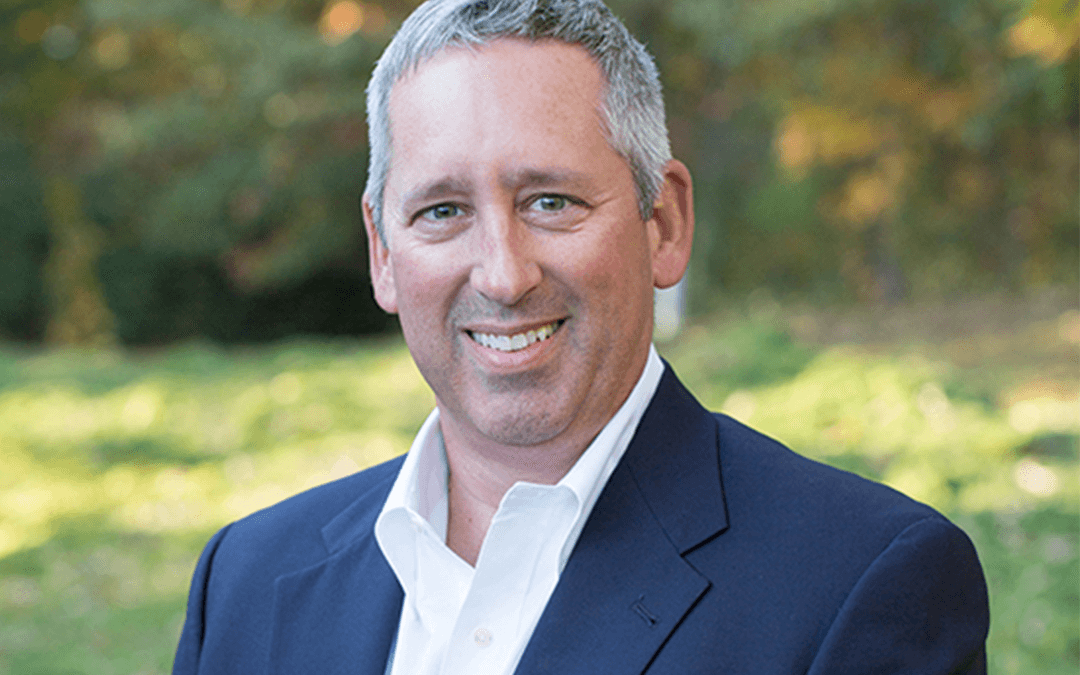
by Eric Price | Jun 8, 2020 | COVID, Front Page, Row 2, Uncategorized
A Conversation with National Group Protection Co-CEO, Lou Raymond For the past 40 years, National Group Protection has worked with IAMAW District 141 and 142 to provide voluntary supplemental insurance policies to thousands of women and men working at our...
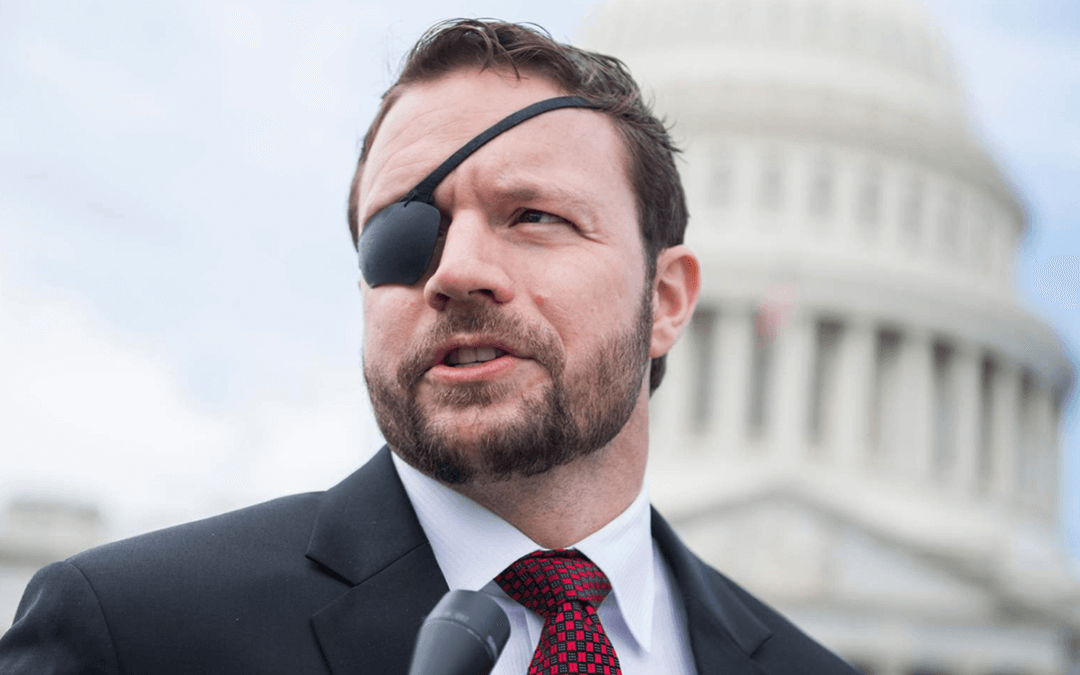
by Eric Price | Jun 3, 2020 | COVID, Featured News, Front Page, Home, Home, MNPL, Row 2, United
/// En Español Another lawmaker has voiced support for the unionized ramp and customer service agents at United Airlines as they continue to push back against proposed furloughs at the airline. This week, Congressman Dan Crenshaw (R-Tx), issued a statement calling on...
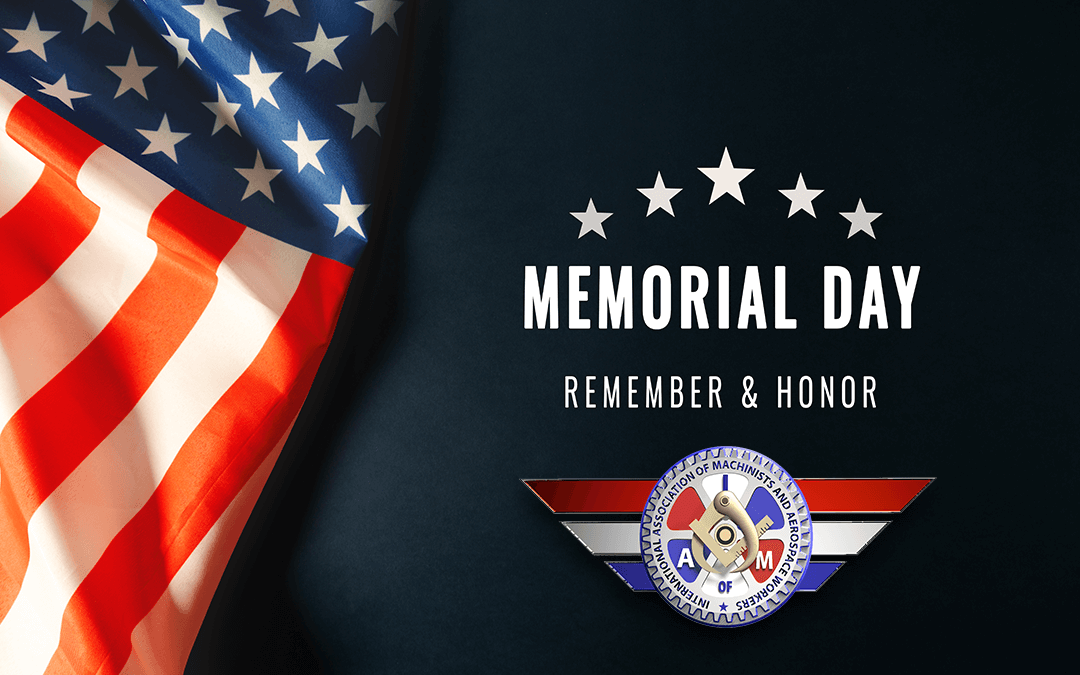
by Eric Price | May 25, 2020 | COVID, Featured, Featured News, Front Page, Home, Home, Uncategorized
On Behalf of a Grateful Union This Memorial Day, we remember with pride. On this Memorial Day, we remember and honor all those who gave their lives in service to our country. Let us also extend our deepest gratitude for those women and men who lost their lives serving...

by Eric Price | May 21, 2020 | American, COVID, Featured, Featured News, Front Page, Home, Organizing
Honoring Agreements, Union Members at American Get Bonuses This Week Bonuses budgeted before the coronavirus pandemic spread widely in the United States are scheduled to go out today and tomorrow to union members in fleet service and aircraft maintenance at American...







